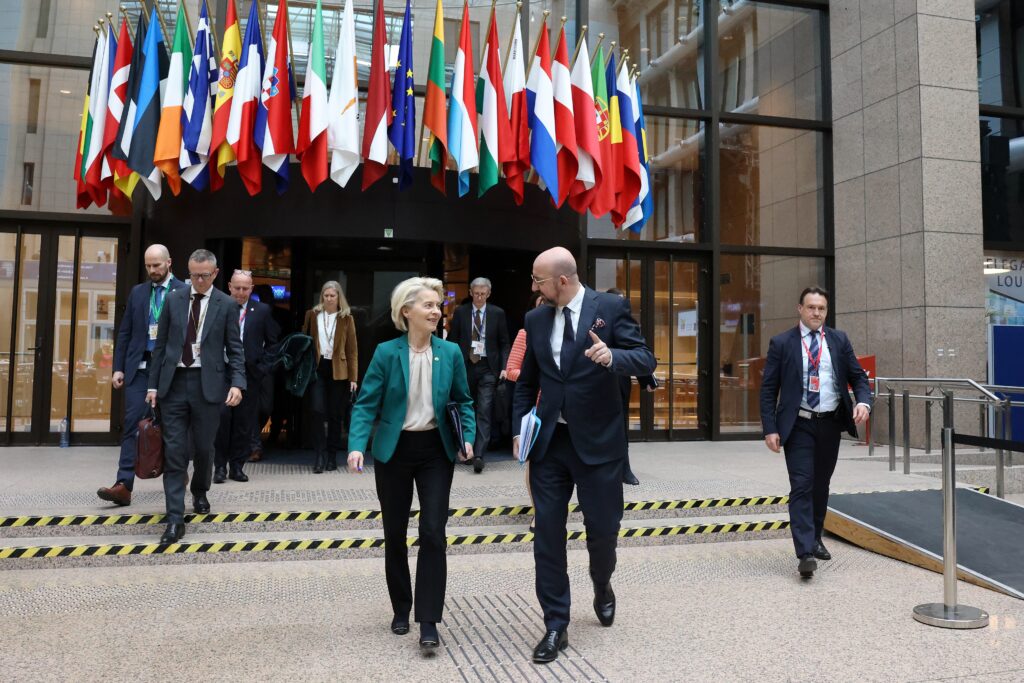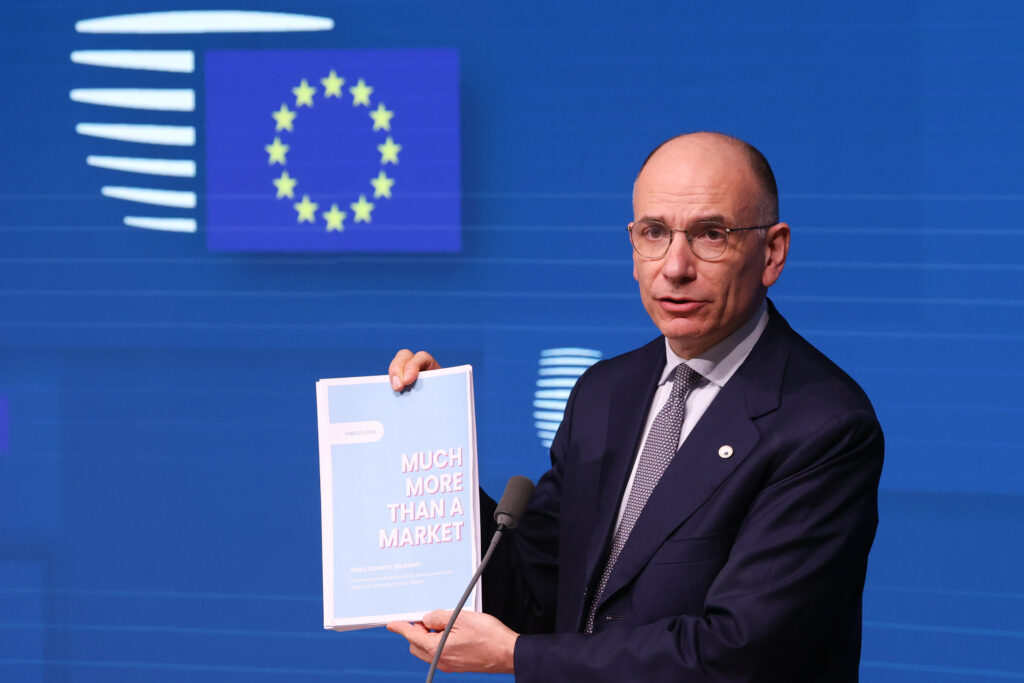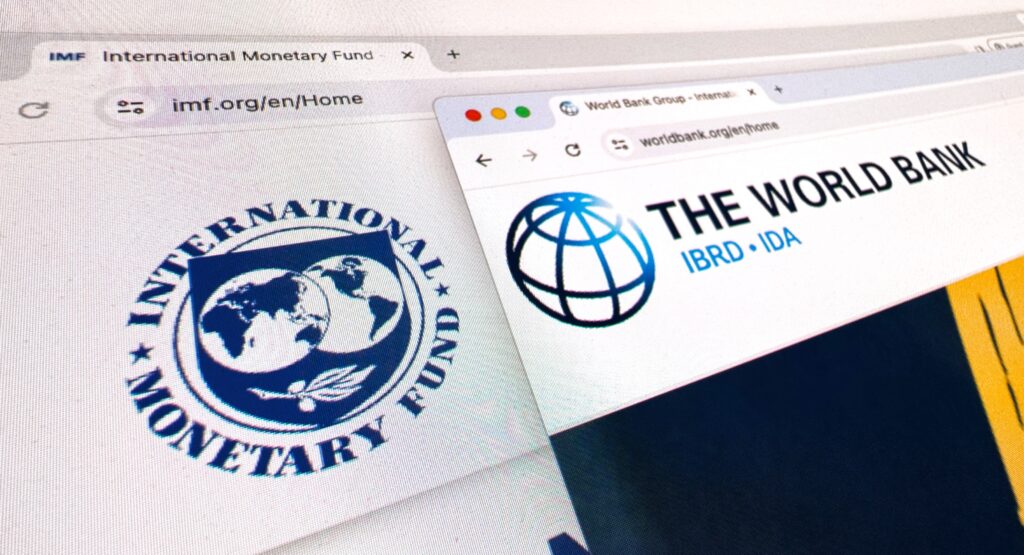| By Josie Koehler |
EU Council Addresses Challenges and Vulnerabilities
The European Council’s recent European Consumer Summit on April 17-18 in Brussels reaffirmed its commitment to strengthening the EU’s competitiveness in the face of major global shifts, with the goal of closing the gap with economic superpowers such as the United States. EU leaders gathered amidst increasing economic pressures and a dynamic geopolitical environment. President of the European Council Charles Michel emphasized how vulnerable the EU is as a result of its strong reliance on foreign security and economic frameworks, which he claimed weakens its competitive advantage and global influence.
The European economy, grappling with intensified geopolitical tensions, monetary tightening, and subdued global demand, continues to falter, particularly apparent in manufacturing and energy-intensive sectors. Preliminary data from Eurostat highlighted stagnation in the Eurozone and EU economies, with nearly a million manufacturing jobs lost in the past four years, as reported by the European Trade Union Confederation.
To address these pressing issues, the summit outlined nine key areas to drive competitiveness, including deepening the EU single market, implementing effective industrial policies, and bolstering investments through initiatives like the Capital Markets Union (CMU) and the European Investment Bank.

Letta’s Proposal: “Much More Than a Market”
Enrico Letta, the former prime minister of Italy, created a proposal titled “Much More Than a Market,” which called for immediate action to close the growing economic gap with the United States. Letta stressed the necessity for funds to support the EU’s expansion efforts, defense upgrades, and green and digital transformations while cautioning against the rise of protectionism.
Letta identified the EU’s substantial private savings of 33 trillion euros as an untapped resource, advocating for their redirection into the real economy. European Commission President Ursula von der Leyen echoed Letta’s sentiments, highlighting the potential to raise significant funding through the completion of the CMU.
Geopolitical Divisions and Concerns Among EU Leaders
However, despite unanimous support for the CMU in principle, divisions among EU leaders persisted. Concerns were raised regarding the loss of national control and the expansion of EU regulatory powers. Some member states, including Estonia and Ireland, emphasized the importance of preserving competitive advantages and cautioned against excessive centralization, particularly in areas like corporate tax harmonization.
In addition, the summit reiterated EU support for Ukraine and urged moderation in the Middle East to prevent tensions from rising there. Analysts did point out that the bloc’s production capacity and defense industrial base were limited, which made it more difficult for it to successfully carry out its obligations.

Challenges Ahead for EU Competitiveness
While the EU Summit 2024 marked a decisive step towards revitalizing the bloc’s competitiveness, challenges remain in reconciling divergent interests and accelerating reforms necessary for sustainable growth and global leadership. As geopolitical dynamics continue to evolve, the EU faces a critical period in its path moving forward amidst a rapidly changing global landscape.
Photo Credits: EU



